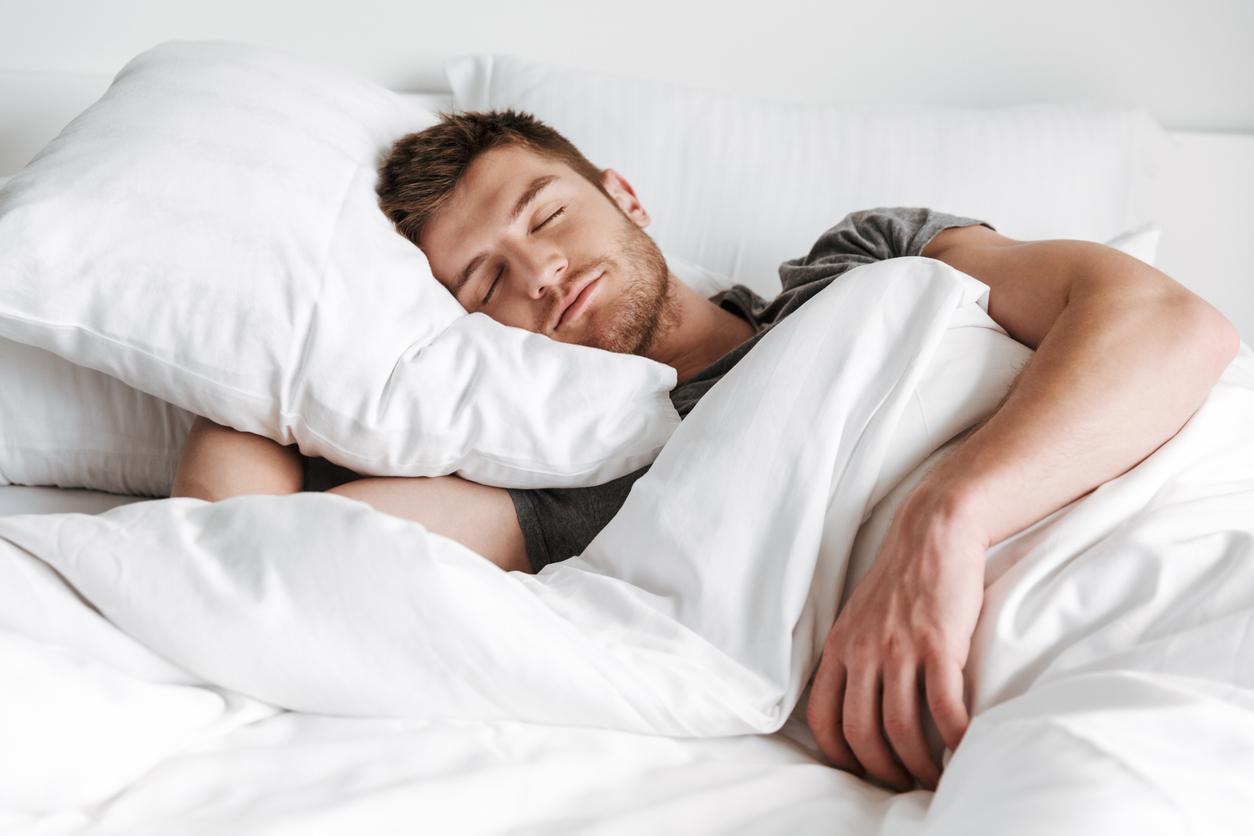Listening to music at bedtime can not only help you fall asleep faster but also improve sleep quality.

- Individuals can fall asleep to a wide variety of musical genres.
- Music that aids sleep has more emphasis in lower frequencies such as stronger bass, has a slow and sustained duration of musical notes and rhythms that are not danceable.
- For people who don’t have any trouble falling asleep, music shouldn’t affect their quality of sleep any more.
Music as a soporific. Music psychology researchers from Australia suggest that listening to music may be the answer to a better night’s sleep. Listening to music at bedtime can not only help people fall asleep faster, but also improve sleep quality. The results of this work were presented on December 23 in the journal Musicae Scientia.
A variety of effective musical genres
According to this study, listening to music changes what can be a stressful experience of trying to sleep into a more pleasant one. In addition to inducing relaxation and a more sleepy state of sleep, music provides a distraction from stressful thoughts and can also mask distracting noises in the environment. “Music has a strong evidence base as one of the best-studied non-pharmacological sleeping pills that can improve an individual’s sleep, both in terms of insomnia and sleep quality”, continues Thomas Dickson, lead author of the study and researcher at the University of New South Wales (UNSW) in Sydney.
The study also suggests that it’s not just classical music or lullabies that can help people sleep. Individuals can fall asleep to a wide variety of musical genres. “Based on the results of the study, we have evidence that the musical characteristics we discovered appeared to be more important than genre in aiding sleep.”, describes Thomas Dickson. Music that aids sleep has more emphasis in lower frequencies such as stronger bass, has a slow and sustained duration of musical notes and rhythms that are not danceable.
Incorporate music into your bedtime routine
For greater effectiveness, researchers advise incorporating music into the bedtime routine. “If you listen to music every night at the same time for at least three weeks, then we start to see statistical improvement in sleep quality and people with insomnia become healthy sleepers. health“, he says. For people who don’t have trouble falling asleep, music shouldn’t have a greater impact on their sleep quality, the researchers say. “Music is more helpful for people who have trouble sleeping due to anxiety or stress-related insomnia, rather than for medical issues like sleep apnea”, says Thomas Dickson.
To optimize your chances of sleeping well, the researchers recommend compiling a list of music dedicated to sleep with songs having the characteristics conducive to restful sleep. He also recommends that the volume be kept very low, within 40 decibels. “If people listen to music they enjoy, they can sleep better”, he concludes.

.

















